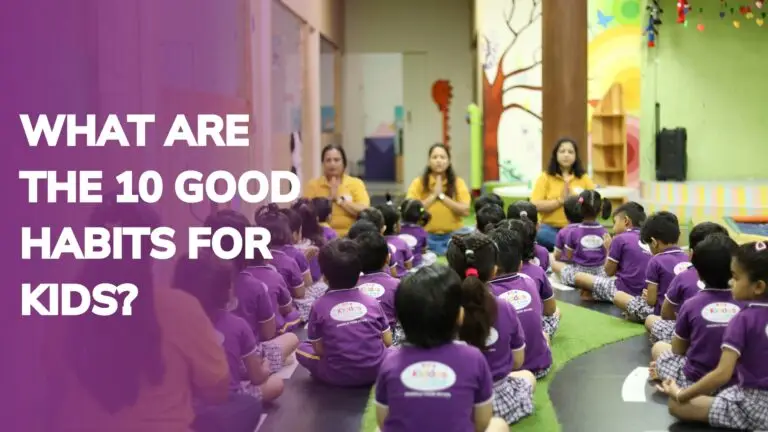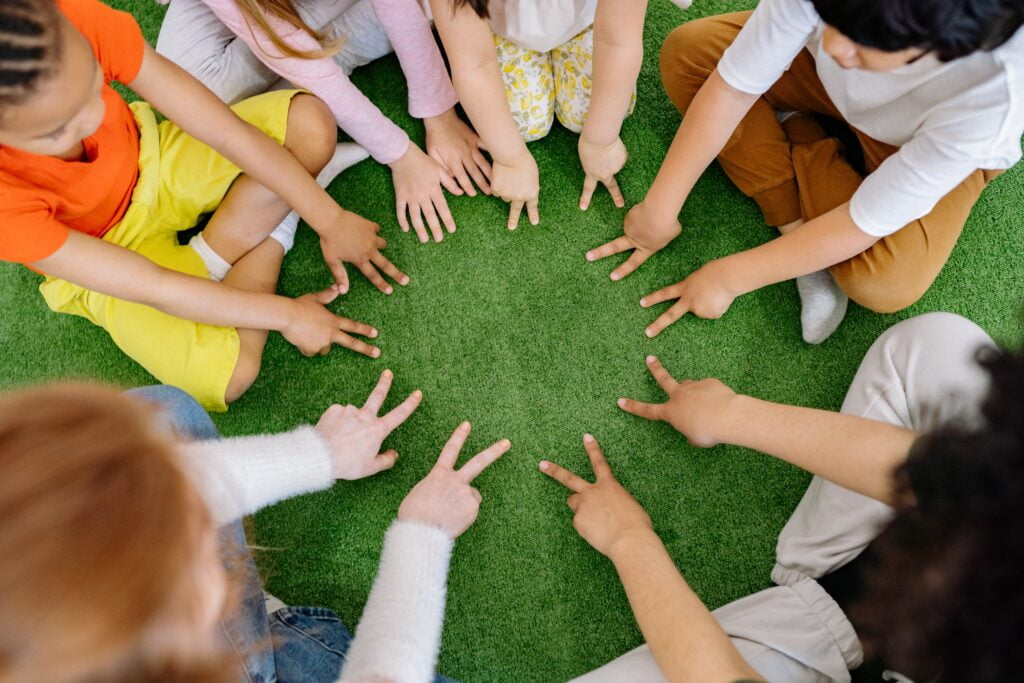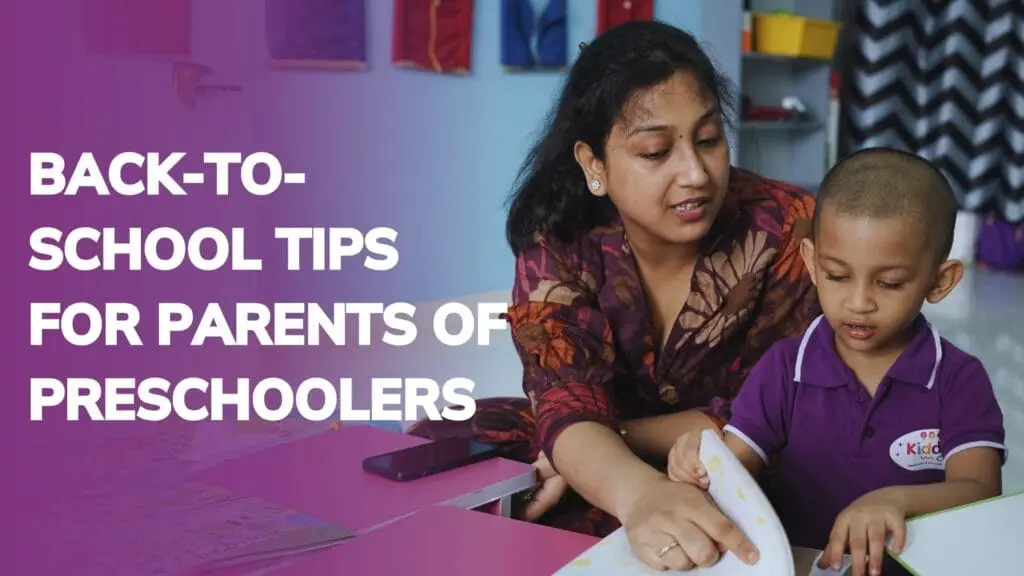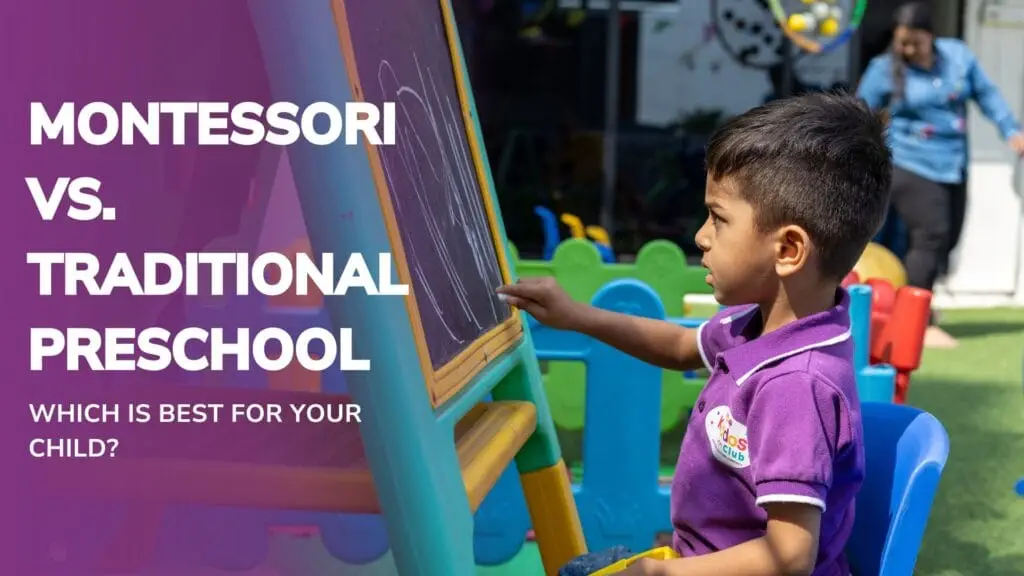1. Healthy Eating Habits
One of the most important good habits for kids is developing healthy eating habits. A balanced diet rich in fruits, vegetables, whole grains, and lean proteins supports physical growth, brain development, and overall health. Teaching children to enjoy a variety of foods, recognize hunger and fullness cues, and make healthy choices can set them up for a lifetime of good nutrition.
Tips to Encourage Healthy Eating:
- Involve kids in meal planning and preparation.
- Make mealtime a positive and stress-free experience.
- Introduce new foods gradually and in a fun way.
2. Regular Physical Activity
Physical activity is vital for children’s physical and mental health. Encouraging regular exercise helps kids build strong muscles and bones, maintain a healthy weight, and develop motor skills. It also promotes mental well-being by reducing stress, anxiety, and improving mood.
Ideas for Promoting Physical Activity:
- Encourage outdoor play, sports, or family walks.
- Limit screen time and sedentary activities.
- Provide opportunities for kids to explore different types of physical activities, such as swimming, biking, or dancing.
3. Good Hygiene Practices
Teaching good hygiene habits is essential for preventing illness and promoting overall health. Kids should learn the importance of regular hand washing, brushing their teeth, and bathing to keep themselves clean and healthy.
Key Hygiene Habits to Teach:
- Wash hands before eating, after using the bathroom, and when coming home from outside.
- Brush teeth at least twice a day and floss regularly.
- Take regular baths or showers and keep nails trimmed and clean.
4. Time Management Skills
Time management is a valuable skill that can benefit kids throughout their lives. Teaching children how to manage their time effectively helps them balance schoolwork, extracurricular activities, and leisure time. It also fosters responsibility and independence.
Strategies to Develop Time Management:
- Create a daily routine that includes time for homework, chores, play, and rest.
- Use visual schedules or planners to help kids stay organized.
- Teach the importance of prioritizing tasks and setting goals.
5. Good Manners and Respect
Good manners and respect are fundamental habits that help children build positive relationships with others. Teaching kids to say “please” and “thank you,” listen when others are speaking, and show respect for others’ feelings and belongings fosters kindness and empathy.
Ways to Encourage Good Manners:
- Model respectful behavior in your interactions with others.
- Praise children when they use good manners.
- Role-play different social scenarios to practice polite behavior.
6. Responsibility and Accountability
Teaching responsibility and accountability helps children develop a sense of ownership and pride in their actions. Kids who learn to take responsibility for their chores, homework, and behavior are more likely to become self-reliant and confident adults.
How to Foster Responsibility:
- Assign age-appropriate chores and tasks around the house.
- Encourage children to take responsibility for their belongings and schoolwork.
- Discuss the consequences of actions and the importance of following through on commitments.
7. Reading and Learning Habit
Encouraging a love for reading and learning is one of the most beneficial habits for kids. Reading not only enhances language skills but also stimulates imagination, critical thinking, and a thirst for knowledge.
Tips to Instill a Love for Reading:
- Make reading a daily activity, whether through bedtime stories or independent reading time.
- Provide access to a variety of books that match your child’s interests.
- Visit libraries and bookstores together to explore new books.
8. Mindfulness and Relaxation
In today’s fast-paced world, teaching mindfulness and relaxation techniques can help kids manage stress and stay focused. Mindfulness practices, such as deep breathing, meditation, and yoga, can improve emotional regulation, concentration, and overall well-being.
Introducing Mindfulness to Kids:
- Practice deep breathing exercises or simple yoga poses together.
- Encourage kids to spend time in nature and engage in calming activities, such as drawing or listening to music.
- Teach them to recognize and express their feelings in a healthy way.
9. Kindness and Empathy
Kindness and empathy are essential habits that help children build meaningful connections with others. Teaching kids to be kind, compassionate, and understanding towards others fosters a positive and inclusive environment.
Encouraging Acts of Kindness:
- Model kind behavior by showing empathy and generosity in your daily interactions.
- Encourage kids to perform small acts of kindness, such as helping a friend or sharing toys.
- Discuss the importance of treating others the way they would like to be treated.
10. Consistency in Sleep Routine
A consistent sleep routine is crucial for a child’s growth, development, and overall well-being. Good sleep habits ensure that kids get the rest they need to be alert, focused, and ready for the day ahead.
Establishing a Healthy Sleep Routine:
- Set a regular bedtime and wake-up time, even on weekends.
- Create a calming bedtime routine that includes activities like reading or listening to soft music.
- Limit screen time before bed to promote better sleep quality.
Conclusion
Enroll your child today at Kiddos Club and start their educational journey with confidence and joy.




